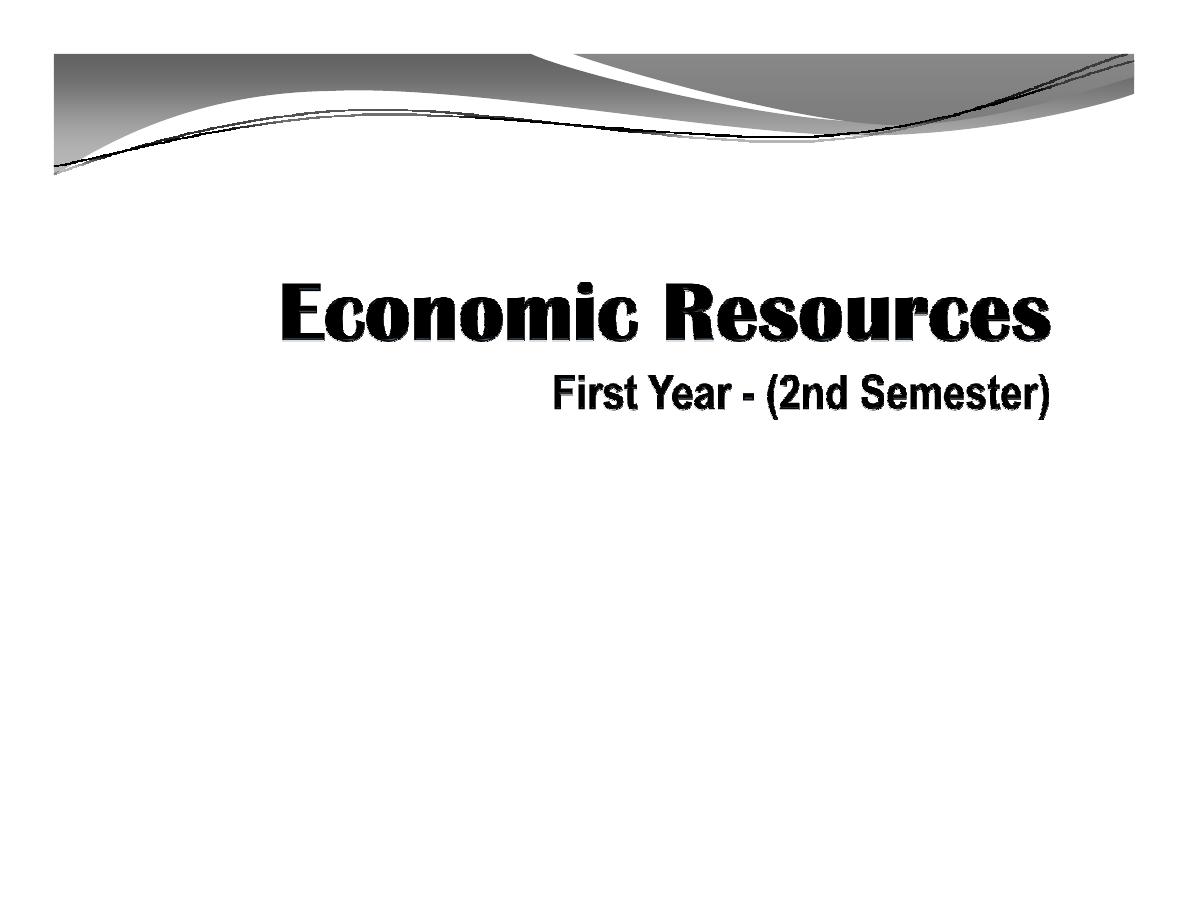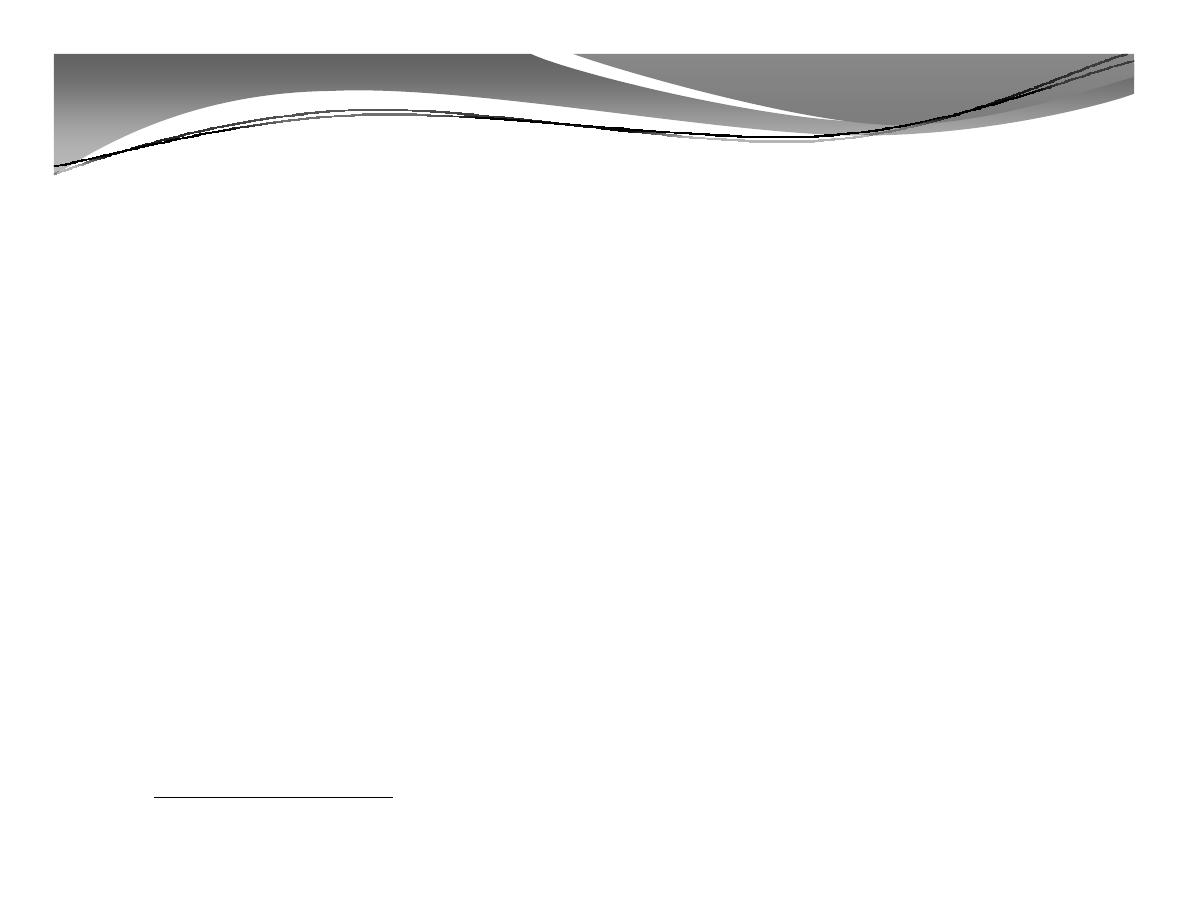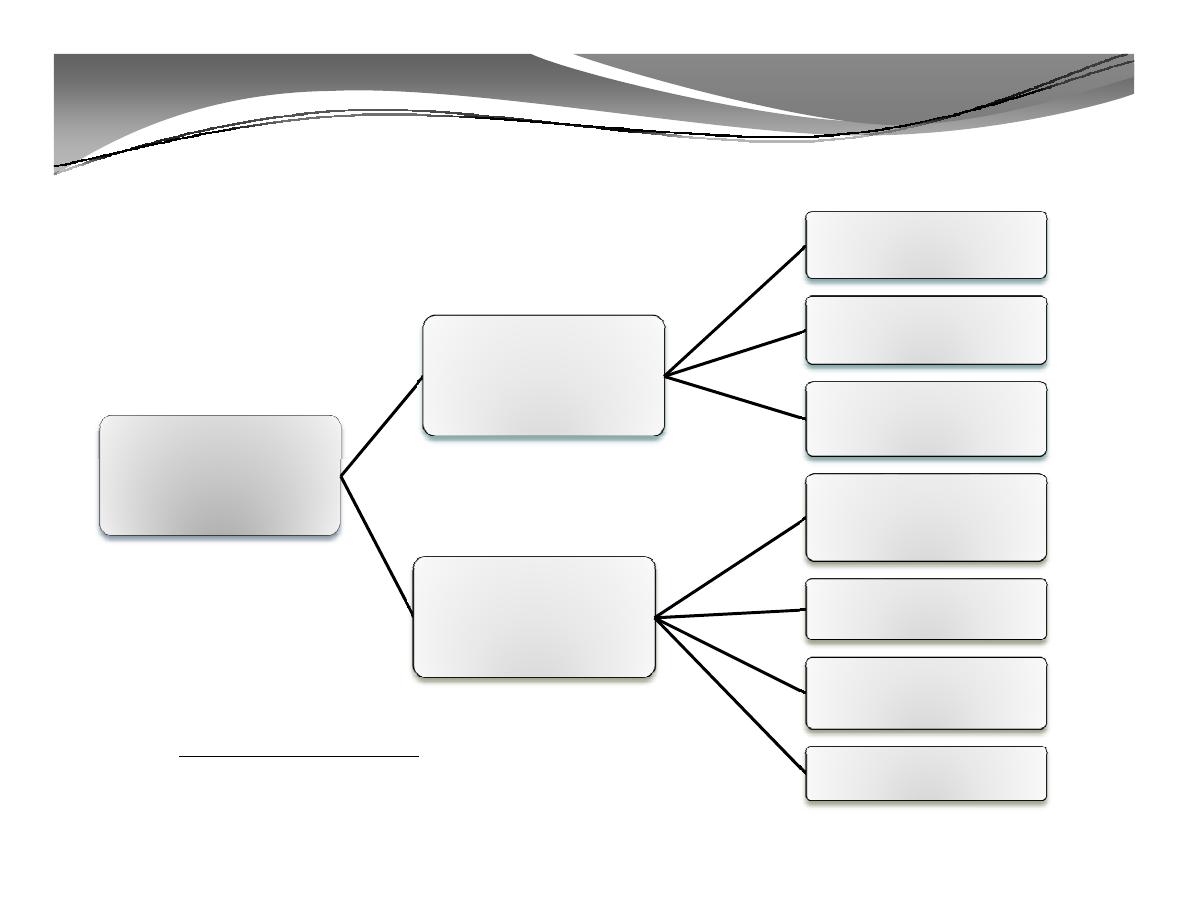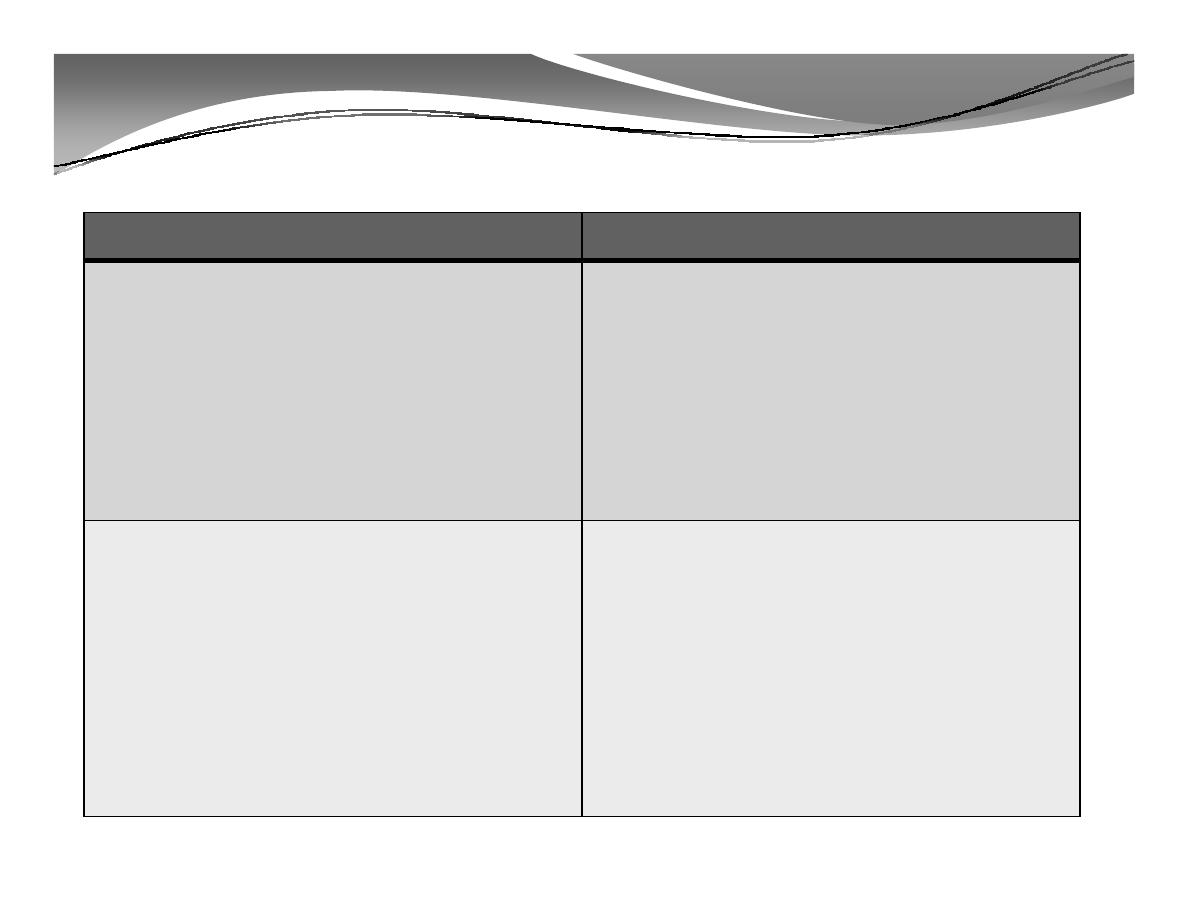
Dr/
Dr/ Hebatallah
Hebatallah ADAM
ADAM
Associate Professor of Economics
Faculty of Commerce Ain Shams University

Chapter 4:
Human Resources Development
2
Dr/ Hebatallah ADAM - Economics Resources - 2015

1. Introduction
1. Introduction
Dr/ Hebatallah ADAM - Economics Resources - 2015
3

A. What is Human development?
Human development is about expanding the richness
of human life, rather than simply the richness of the
economy in which human beings live. It is an approach
economy in which human beings live. It is an approach
that is focused on people and their opportunities and
choices. (UNDP,2015)*
Dr/ Hebatallah ADAM - Economics Resources - 2015
4
* UNDP, Human Development Reports, “About Human Development”, Available at website:
http://hdr.undp.org/en/humandev, seen on 3/4/2015.

A. What is Human development?
Dimension of Human
Directly enhancing
Human abilities
Long and healthy life
Knowledge
Decent standard of
living
Dimension of Human
Development
Creating conditions
for Human
Development
Participation in
political and
community life
Environmental
sustainability
Human security and
rights
Gender equality
Dr/ Hebatallah ADAM - Economics Resources - 2015
5
Source: UNDP, Human Development Reports,
“About Human Development”, Available at
website: http://hdr.undp.org/en/humandev,
seen on 3/4/2015.

B. Human Capital vs. Human Development
Human Capital
Human Development
Human capital consider education and
health as a means to increase labor
productivity.
Human development considers that
education and health are fundamental to
human well-being because only when
people have the ability to read and write
and the ability to lead a long and healthy
life, they will be able to make other
Dr/ Hebatallah ADAM - Economics Resources - 2015
6
life, they will be able to make other
choices which they value.
Human capital treats human beings as a
means to an end; the end being the
increase in productivity. Any investment
in education and health is unproductive
if it does not enhance output of goods
and services.
Human welfare should be increased
through investments in education and
health even if such investments do not
result in higher labor productivity.
Therefore, basic education and basic
health are important in themselves,
irrespective of their contribution to labor
productivity.

C. Human Development Index (HDI)*
The HDI was created to emphasize that people and
their capabilities should be the ultimate criteria for
assessing the development of a country, not economic
growth alone.
The HDI can also be used to question national policy
The HDI can also be used to question national policy
choices, asking how two countries with the same level
of GNI per capita can end up with different human
development outcomes.
These
contrasts
can
stimulate
debate
about
government policy priorities.
Dr/ Hebatallah ADAM - Economics Resources - 2015
7
*UNDP, Human Development Index (HDI), Website available at http://hdr.undp.org/en/content/human-development-index-
hdi, seen 3/4/2015

C. Human Development Index (HDI)
The Human Development Index (HDI) is a summary
measure of average achievement in key dimensions of
human development:
1.
A long and healthy life, (measured by life
expectancy at birth)
expectancy at birth)
2.
Being knowledgeable, (measured by mean of years
of schooling for adults, and expected years of
schooling for children of school entering age)
3.
Have a decent standard of living (measured by
gross national income per capita)
Dr/ Hebatallah ADAM - Economics Resources - 2015
8

D. The importance of Human Resources
Development
1.
Human resources development lies at the heart of economic,
social and environmental development of any country.
2.
It is a fundamental component for achieving internationally
agreed sustainable development goals “the Millennium
Development Goals”.
3.
The human resources development strategies are increasingly
part of national development planning, and are crucial to
ensure a sustainable development.
Dr/ Hebatallah ADAM - Economics Resources - 2015
9

To be continued,
Thank You
Dr/ Hebatallah ADAM - Economics Resources - 2015
10

Recommended Reading:
Farag Ezzat & Hebatallah Adam, (2015),
“Economics
Resources”,
Ain
Shams
University, Faculty of Commerce, Chapter 4
University, Faculty of Commerce, Chapter 4
Pages (89-116).
Dr/ Hebatallah ADAM - Economics Resources - 2015
11
